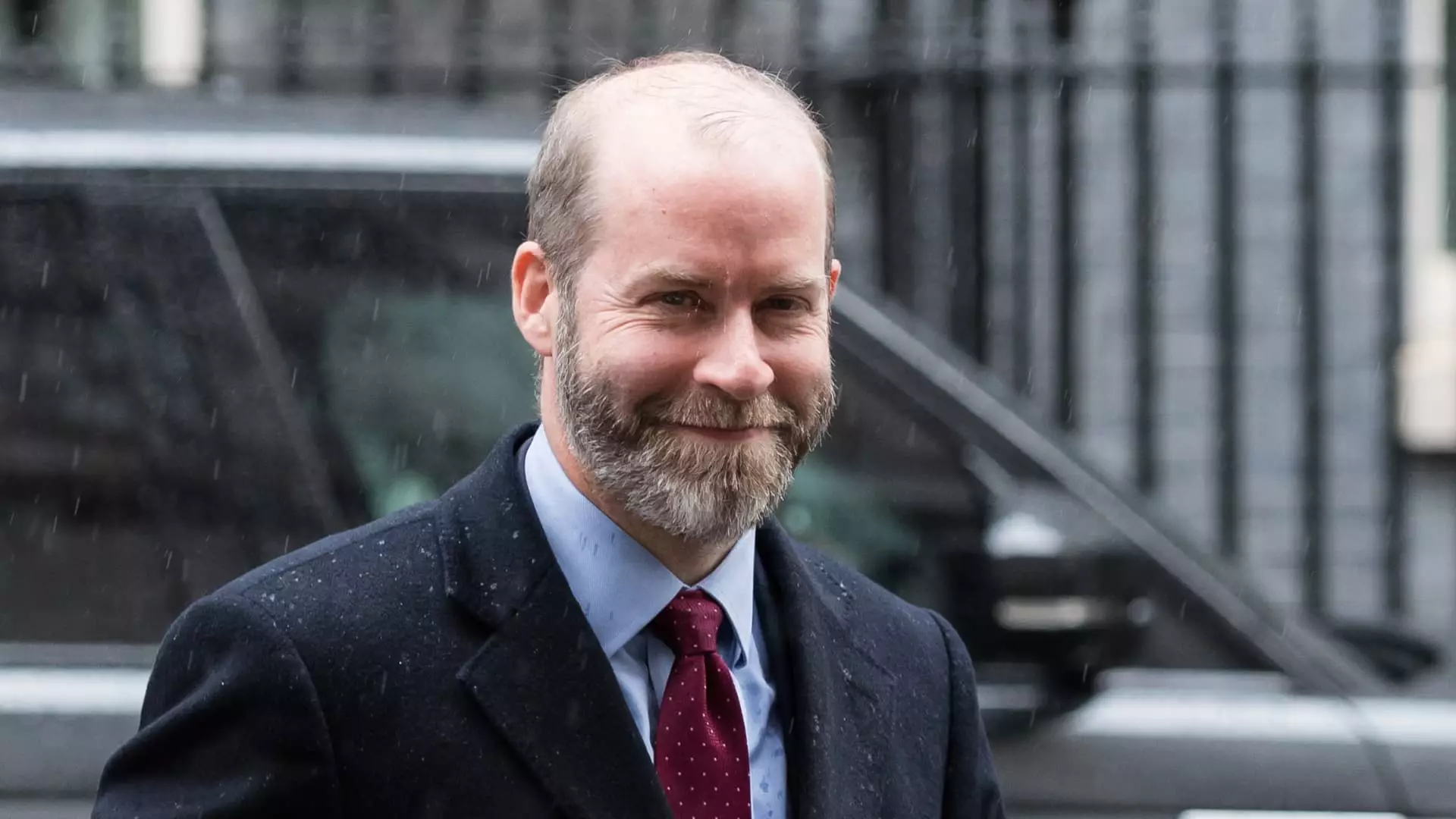In the aftermath of Brexit, the United Kingdom has been actively seeking to redefine its trade relationships. Central to this pursuit is the goal of securing trade agreements with India and the Gulf nations, which, according to U.K. Business and Trade Minister Jonathan Reynolds, remain high on the government’s agenda. The interplay between economic necessity and diplomatic strategy shapes the dialogue surrounding these prospective deals, yet the path to securing them appears fraught with challenges.
As expounded by Reynolds during the International Investment Summit in London, the U.K.’s commitment to enhancing its commercial ties with the Gulf Cooperation Council (GCC)—comprising major economies such as Saudi Arabia and the United Arab Emirates—will soon enter a new phase as talks are set to resume. The urgency of these negotiations underscores the British government’s recognition of the economic potential within these markets. However, the focus on India is equally pivotal, as the nation represents one of the largest consumer markets in the world. The government’s assertion that these discussions are priorities reflects an ambition to solidify beneficial trade relations that could alleviate post-Brexit economic concerns.
Despite the optimistic rhetoric surrounding trade talks, the reality remains that the U.K. has not yet successfully concluded all desired trade agreements. Former Prime Minister Boris Johnson’s promises of finalizing a deal with India by Diwali 2022 echo a broader discontent surrounding the perceived failure to quickly deliver on post-Brexit trade aspirations. While agreements with countries like Australia and Singapore have materialized, these alone do not compensate for the unfulfilled expectations tied to India and the GCC countries.
Reynolds’ comments about resuming negotiations illustrate an important point: successfully navigating trade deals requires not only formal dialogues but considerable diplomatic finesse. The trading landscape is intricate, and the government must grapple with factors beyond mere economic interests, including geopolitical stability, human rights considerations, and the varied political landscapes within the partner countries.
Trade as Diplomacy: Evaluating the Broader Context
The British government appears to adopt a nuanced stance regarding trade and its role in foreign relations. Reynolds stressed that while trade deals are not inherently instruments of foreign policy, they facilitate important commercial ties that foster goodwill and collaboration. This suggests that trade agreements are seen as a means of cultivating positive relationships, particularly with countries that may not share the same democratic principles as the U.K. This perspective aligns with a broader understanding of global trade as a powerful network that can transcend political differences and promote mutual interests.
Nevertheless, this outlook raises questions about the ethical implications of engaging economically with non-democratic regimes. The pursuit of trade can sometimes overlook critical social issues, challenging the U.K. to balance profit motives with its advocacy for human rights and democracy globally. This dichotomy represents a significant challenge for the government as it forges ahead in its negotiations.
As the U.K. prepares to engage in renewed discussions with both the Gulf nations and India, it is essential for policymakers to manage expectations while considering the complexities of these negotiations. The absence of clear timelines, as noted by Reynolds, implies that stakeholders must be patient as the intricacies of trade agreements unfold. While the government has embarked on a mission to restore its authority in trade negotiations, concrete outcomes hinge on a blend of strategic dialogue, domestic consensus, and responsive engagement with historical trade partners.
The path ahead is undoubtedly challenging, but also ripe with potential. If managed astutely, the conclusion of meaningful trade agreements with India and the GCC could not only bolster the U.K. economy but also reaffirm its standing on the global stage as a player committed to fostering international commerce. Ultimately, the U.K.’s success in this endeavor will pivot not only on economic calculations but also on political will and diplomatic engagement.


Leave a Reply